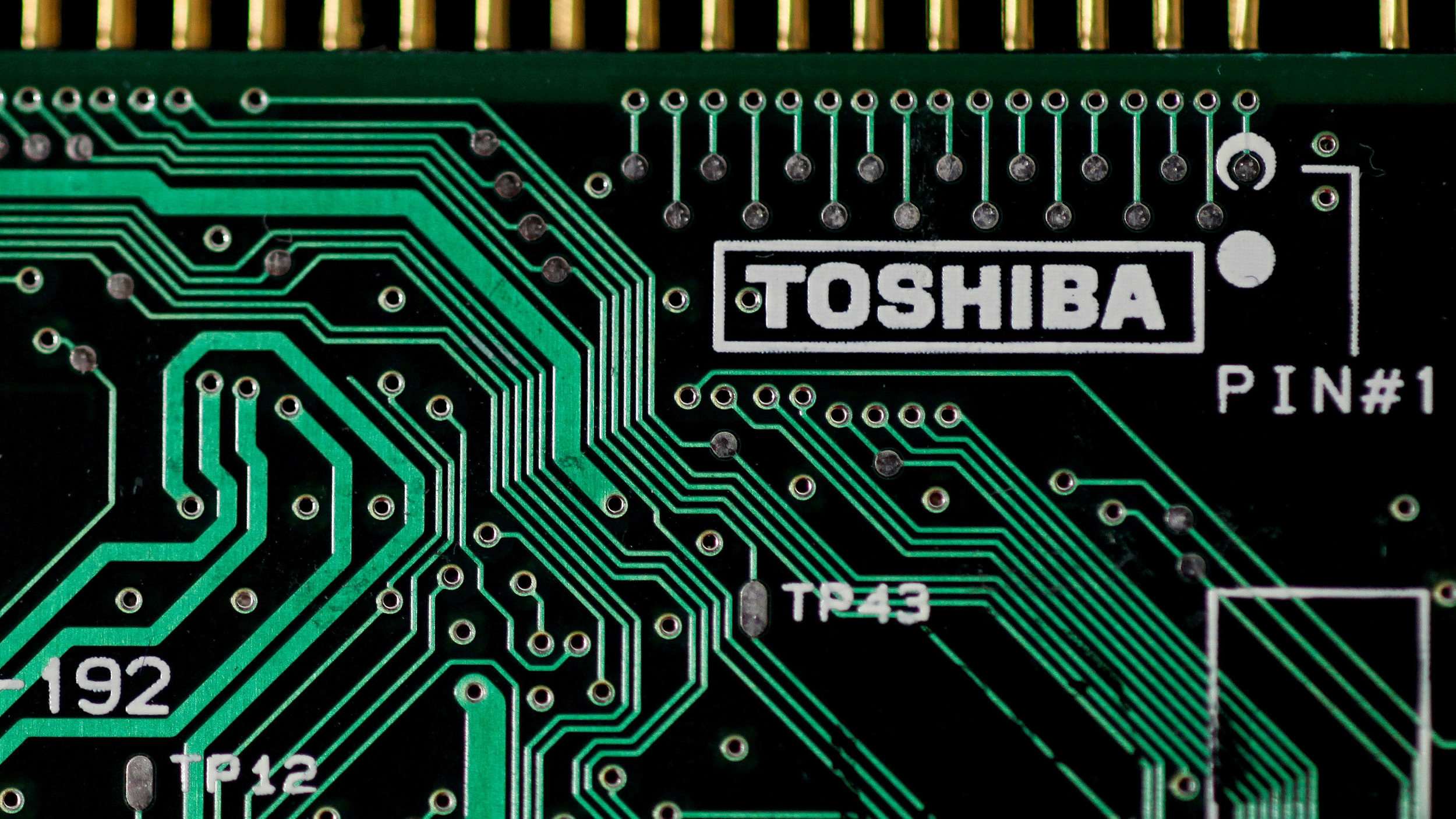
Business
10:10, 18-May-2018
Toshiba: China approves sale of chip unit to Bain consortium
CGTN

Embattled Japanese conglomerate Toshiba on Thursday said Chinese regulators have
given approval for its plan to sell its prized chip unit -- the final hurdle to
complete the deal.
Toshiba agreed in September to sell its memory chip business
to a consortium led by US investor Bain Capital, which was seen as crucial to
keeping it afloat after multi-billion-dollar losses.
But finalization of the
deal had been delayed as Chinese authorities suspended their approval, checking
if the sale could violate the nation's anti-trust law.
While neither Toshiba nor Bain are Chinese companies, the size of Toshiba's chip market in China means Beijing's anti-trust regulators had the right to closely scrutinize the deal.
Anti-trust regulators in Japan, the US and the EU had already approved the deal.
"All required anti-trust
approvals have been granted," Toshiba said in a statement.
"All conditions for
the closing of the transaction are now satisfied," the firm said, adding that it
plans to complete the deal on June 1.
The Bain-led group acquiring the memory
chip business includes US tech giants Apple and Dell, as well as South Korean
chipmaker SK Hynix.
Toshiba has struggled after the disastrous acquisition of US
nuclear energy firm Westinghouse, which racked up billions of dollars in losses
before being placed under bankruptcy protection.
In order to survive and avoid
delisting, the cash-strapped group decided to sell its chip business -- the
crown jewel in a vast range of businesses ranging from home appliances to
nuclear reactors.
On Tuesday, Toshiba said it had bounced back into the black
after a disastrous year and will avoid a humiliating delisting from the Tokyo
stock exchange.
The firm said it had booked a record net profit of 804.0 billion
yen (7.3 billion US dollars), compared with a loss of 965.7 billion yen a year earlier.
That marks the first net profit for the firm in four years and was helped by
one-off revenue from tax cuts linked to the sale of its nuclear units.
Source(s): AFP

SITEMAP
Copyright © 2018 CGTN. Beijing ICP prepared NO.16065310-3
Copyright © 2018 CGTN. Beijing ICP prepared NO.16065310-3